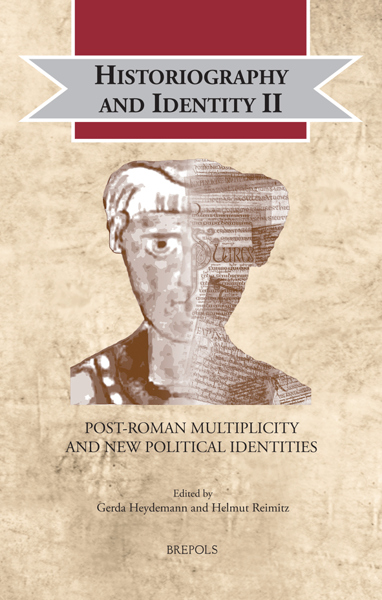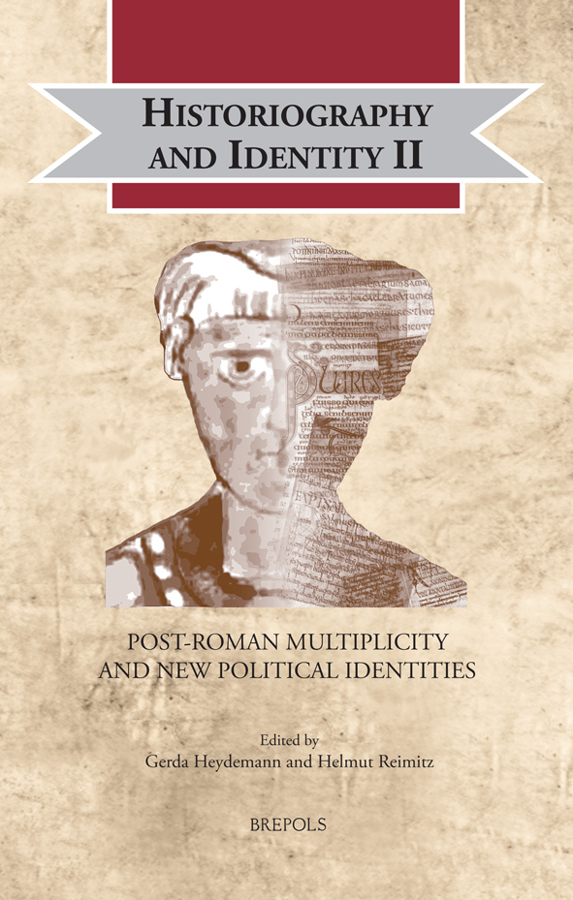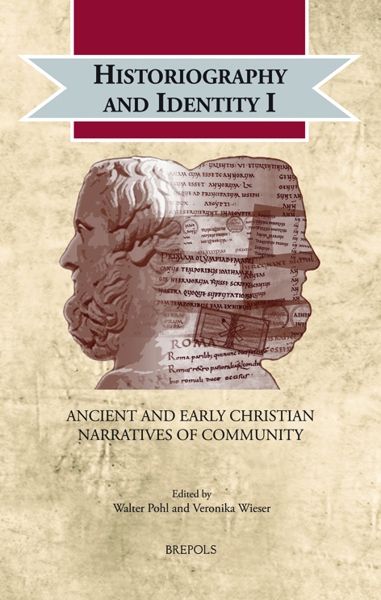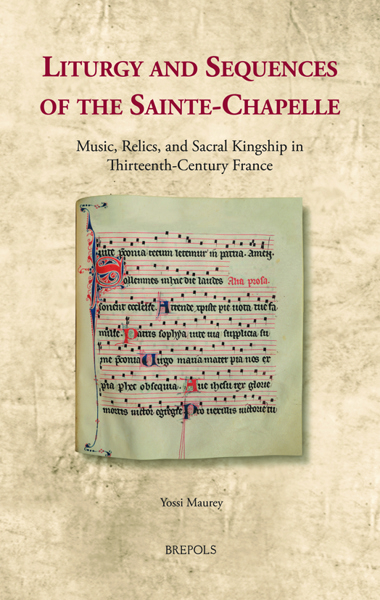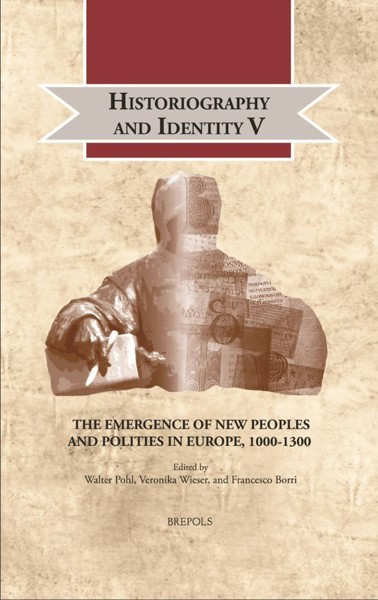
Historiography and Identity II: Post-Roman Multiplicity and New Political Identities
Gerda Heydemann, Helmut Reimitz (eds)
- Pages: viii + 356 p.
- Size:156 x 234 mm
- Language(s):English
- Publication Year:2020
- € 100,00 EXCL. VAT RETAIL PRICE
- ISBN: 978-2-503-58470-6
- Hardback
- Available
- € 100,00 EXCL. VAT RETAIL PRICE
- ISBN: 978-2-503-58471-3
- E-book
- Available
- Contains contributions in Open Access
Explores the social function of historiography in the Justinianic age and the post-Roman kingdoms of the West.
“Overall Historiography and Identity II is a collection of articles surprisingly coherent in outlook and conclusions, given its selection of examined Late Antique and Medieval authors, communities, regions and periods--a feat not so often achieved in publications of this sort. This volume is certainly a recommended read for any scholar or postgraduate student concerned with historiography, as well as ethnic and religious identities in the post-Roman world.” (Aleksander Paradziński, in The Medieval Review, 21.11.32)
“Das Ganze ergibt ein sowohl gedanklich wie inhaltlich hochinteressantes Buch, das zur methodischen Diskussion ebenso einlädt wie zur weiteren inhaltlichen Vertiefung.” (Elisabeth Mégier, in Mediaevistik, 34, 2021, p. 319)
“Alle Beiträge rücken die frühmittelalterlichen Verfasser als bewusst agierende Akteure in Aushandlungsprozessen ihrer Zeit in den Fokus. Der vorliegende Band führt damit den vielversprechenden Ansatz, die historiographischen Werke als Ausdruck von Identitätsaushandlungen zu verstehen, konsequent fort. Die folgenden Bände dürfen mit Spannung erwartet werden.” (Katharina Gahbler, in Historische Zeitschrift, 315/1, 2022, p. 194)
“All of the papers are in English and production values are exceptionally high throughout. For those readers who have looked at the proliferation of recent work on texts and identities in the early medieval world and have wondered where to start, these books may provide a solution.” (ANDY MERRILLS, in Medieval Archaeology, 65/2, 2021, p. 430)
The six-volume sub-series Historiography and Identity unites a wide variety of case studies from Antiquity to the Late Middle Ages, from the Latin West to the emerging polities in Northern and Eastern Europe, and also incorporates a Eurasian perspective which includes the Islamic World and China. The series aims to develop a critical methodology that harnesses the potential of identity studies to enhance our understanding of the construction and impact of historiography.
This second volume of the series studies the social function of historiography in the Justinianic age and the post-Roman kingdoms of the West. The papers explore how writers in Constantinople and in the various kingdoms from Italy to Britain adopted late antique historiographical traditions and adapted them in response to the new needs and challenges created by the transformation of the political and social order. What was the significance of their choices between different models (or their creation of new ones) for their ‘vision of community’? The volume provides a representative analysis of the historiographical resources of ethnic, political, and religious identifications created in the various Western kingdoms. In doing so, it seeks to understand the extant works as part of a once much wider and more polyphonic historiographical debate.
Historiography and Identity in the Late Antique and Early Medieval West: An Introduction — HELMUT REIMITZ
Debating Ethnicity in Post-Roman Historiography — WALTER POHL
Clinging to Empire in Jordanes' Romana — MAYA MASKARINEC
From Scythian, to Getan, to Goth: The Getica of Jordanes and the Classical Ethnographic Tradition — RANDOLPH FORD
Two Tales – Two Peoples? Goths and Romans in Jordanes’ Works — PHILIPP DÖRLER
Celtic Britain and Ireland: An Arena for Historical Debate — THOMAS CHARLES-EDWARDS
Genre and Identity in Merovingian Historiography — HELMUT REIMITZ
The Appropriation of History: The Austrasians, Gregory of Tours, and Fredegar — ANDREAS FISCHER
History-Writing and Education in Late Antique and Early Medieval Iberia — JAMIE WOOD and VICTORIA LEONARD
The Ties that Bind: Diagnosing Social Crisis in Julian of Toledo’s Historia Wambae — MOLLY LESTER
Bede’s Historia ecclesiastica and Anglian Northumbria — IAN WOOD
Historical Writing in the Lombard Kingdom: from Secundus to Paul the Deacon — WALTER POHL
Index
